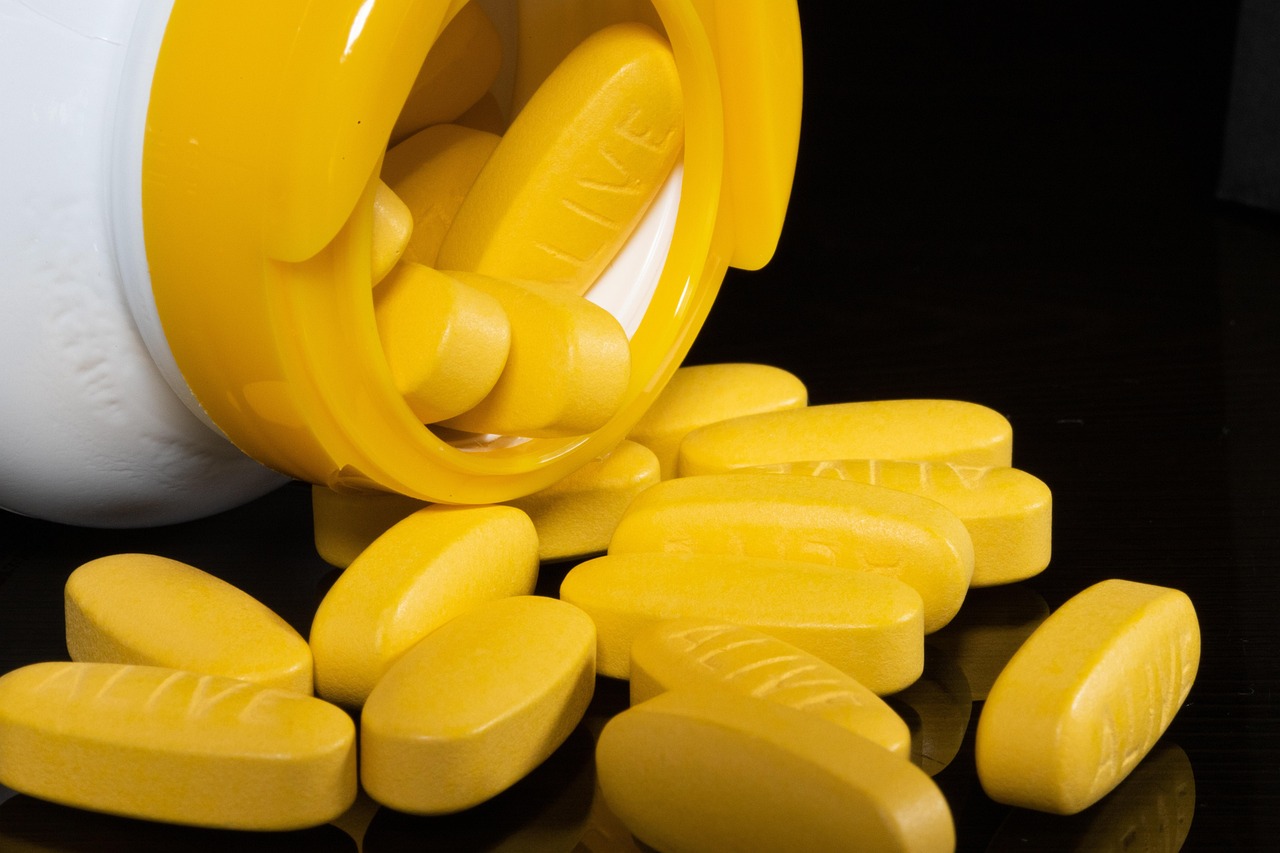Rediscovering Health: The Intriguing World of Psychobiotics
Imagine a world where a daily supplement could help manage your stress, anxiety, or depression. Could this be possible? Welcome to the fascinating world of psychobiotics, a relatively new field of research that could revolutionize our approach to mental health.

Unraveling the Mystery of Psychobiotics
Psychobiotics are a type of probiotic—live bacteria and yeasts beneficial to health, especially the digestive system. The term was coined in 2013 and refers to bacteria that, when ingested in adequate amounts, might have a positive impact on mental health. They function by influencing the gut-brain axis, a complex communication system linking our gut and brain.
Over the past decade, scientific curiosity around psychobiotics has grown. Early studies in mice suggested that certain bacteria, when consumed, could affect behavior and cognitive processes. More recent research in humans has indicated potential benefits for mood disorders, anxiety, and other mental health conditions.
The Science Behind the Gut-Brain Connection
The gut-brain axis is a two-way communication system involving neural, endocrine, and immune pathways. It’s crucial for maintaining homeostasis—the body’s internal balance. This interconnected system allows the gut microbiota to influence brain function and behavior and vice versa.
This is where psychobiotics come in. By altering the composition of the gut microbiota, psychobiotics could potentially influence our mental health. Research suggests they might reduce inflammation, boost mood-enhancing neurotransmitters, and enhance the gut’s barrier function, which could help reduce anxiety and depression.
The Promise and Challenges of Psychobiotics
The potential of psychobiotics in managing mental health conditions is exciting. However, it’s important to remember that the science is still young. While some studies show encouraging results, much of the research has been done in animals or small human trials. Larger, well-controlled studies are needed before we can fully understand the potential benefits and risks.
Furthermore, not all probiotics are psychobiotics. Only certain strains have shown potential mental health benefits. Therefore, simply consuming any probiotic supplement or fermented food is unlikely to deliver the mental health benefits associated with psychobiotics.
Practical Implications and Future Directions
The concept of managing mental health with psychobiotics is an exciting frontier in neuroscience and mental health. However, it’s not a magic bullet. Mental health is complex, influenced by a multitude of factors including genetics, environment, lifestyle, and social relationships.
That said, the potential of psychobiotics is promising, and ongoing research is expected to reveal more about their role in mental health. In the future, we may see personalized psychobiotic therapies designed to optimize our mental wellbeing based on our unique gut microbiota composition.
Did You Know?
- The human gut is home to trillions of bacteria, collectively known as the gut microbiota.
- The term ‘psychobiotics’ was first used in a paper published in the journal ‘Biological Psychiatry’ in 2013.
- Some fermented foods rich in probiotics include yogurt, kefir, sauerkraut, and kimchi.
In conclusion, psychobiotics represent a fascinating new avenue in mental health research. While more studies are needed to fully understand their potential, the idea of using beneficial bacteria to improve mental wellbeing is a compelling one. As scientists continue to explore the complex relationship between the gut and the brain, it’s exciting to consider the possibilities that lie ahead. The future of mental health may well lie in the microscopic world within us.






